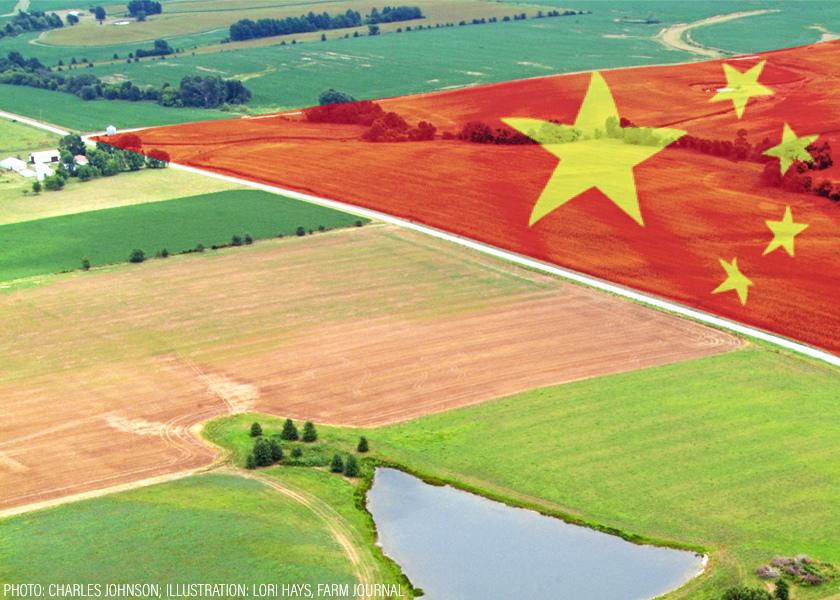Concerns Expressed About Chinese Purchases of U.S. Farmland

The House Ag Committee held a hearing on Wednesday addressing concerns about China’s purchases of U.S. farmland, with both Democrats and Republicans expressing worry about potential threats to national security. Although there was no consensus on how to address the issue, measures have been taken, such as including provisions in a fiscal 2024 spending bill to better track foreign purchases of agricultural land, particularly those from China, Russia, North Korea and Iran.
Concerns were raised about the risks posed by such purchases near military installations. Despite bipartisan agreement on the issue, there were differences in approach, with Republicans emphasizing the need to protect U.S. interests while Democrats cautioned against overreaction that could lead to discrimination.
Nova Daly, former deputy assistant secretary for investment security at the Treasury Department under President George W. Bush, warned lawmakers that farmland purchases near U.S. military installations “present clear and pressing risks to U.S. national security.” Improved tracking of such foreign purchases under the fiscal 2024 spending measure was a good first step, Daly said, highlighting provisions adding the agriculture secretary to the Committee on Foreign Investment in the United States, an interagency panel tracking foreign transactions. But Congress should strengthen those provisions to give that foreign investment committee more tools to prioritize “time sensitive” purchases where they pose significant national security concerns, he testified at the committee hearing.
The debate also touched on the broader implications for trade relations with China and the potential impact on U.S. agriculture. Some states have taken steps to restrict foreign ownership of farmland, with South Dakota recently enacting legislation targeting specific nations. However, there are concerns within the agriculture industry about the potential for a trade war and the negative impact it could have on exports, particularly soybeans.
Josh Gackle, President of the American Soybean Association (ASA), emphasized the importance of maintaining economic ties with China while addressing geopolitical concerns. Soybeans are a significant U.S. export, with China being the largest market. Gackle highlighted the devastating effects of tariffs imposed during the trade war, which led to a sharp decline in soybean exports to China and significant financial losses for farmers. Despite the resumption of shipments through tariff exclusions, uncertainties remain, posing risks to farmers and exporters. Gackle urged policymakers to protect market access in China and pursue measures to support U.S. agriculture, including maintaining China's Permanent Normal Trade Relations (PNTR) status, passing a comprehensive farm bill, and engaging in negotiations for free trade agreements. He emphasized the importance of certainty for soybean growers amid ongoing geopolitical issues and trade uncertainties.
Rep. Mike Gallagher (R-Wis.), who chairs the Select Committee on the Chinese Communist Party, said he believes the agriculture sector is China’s next target. “The CCP’s acquisition of land in the United States, its investments in U.S. agricultural technology, and its collection of U.S. farm data and trade secrets represent offensive maneuvers designed to degrade U.S. preparedness and competitiveness,” he said. Sign up for more from Pro Farmer.







